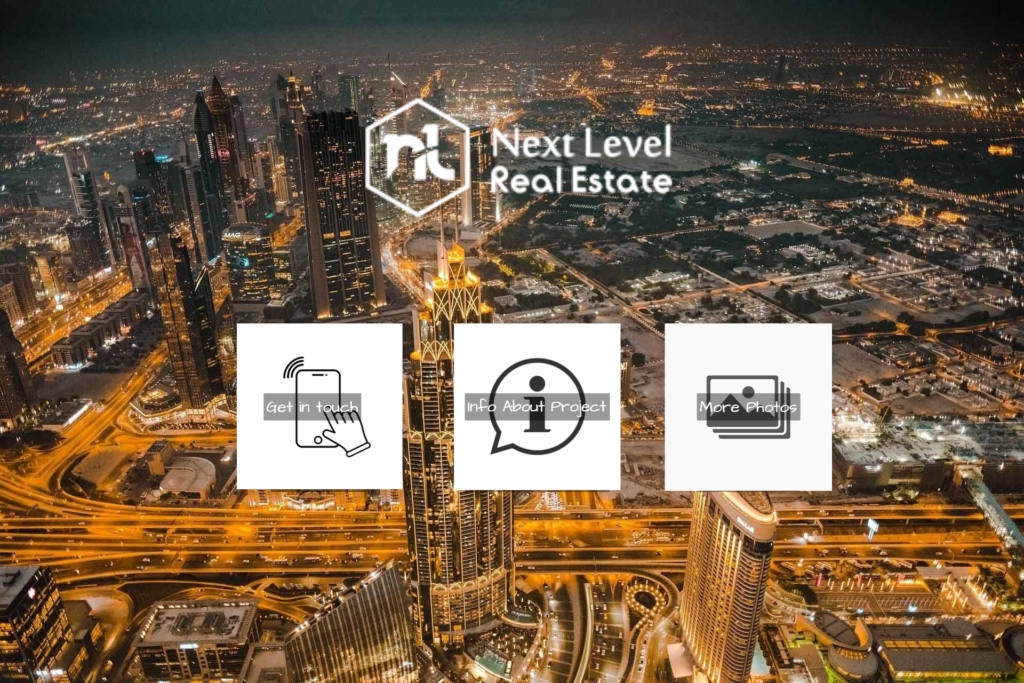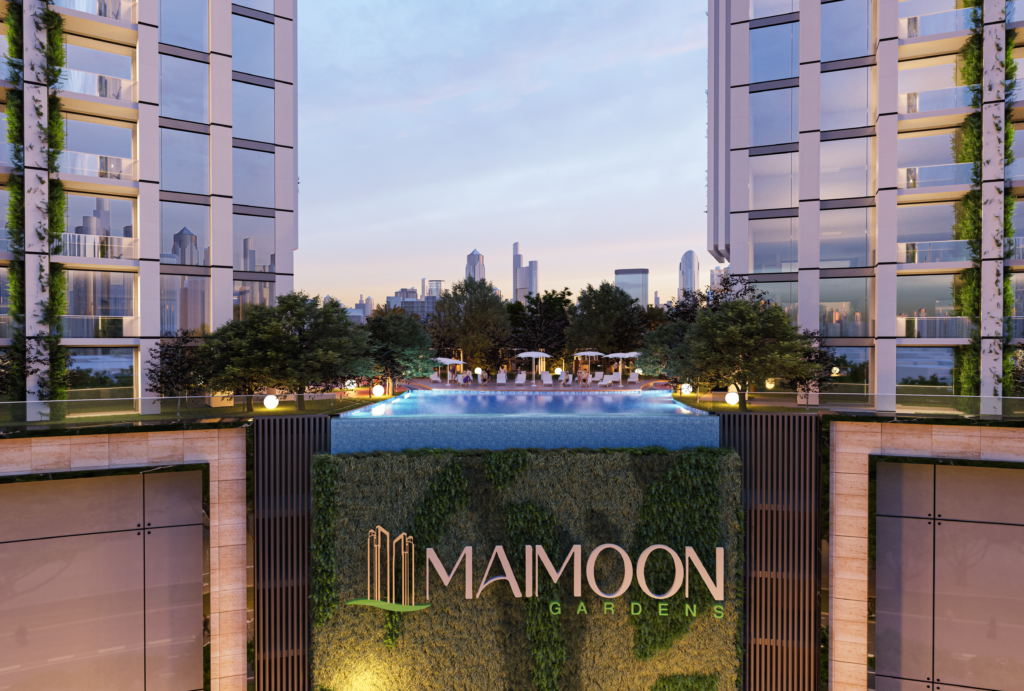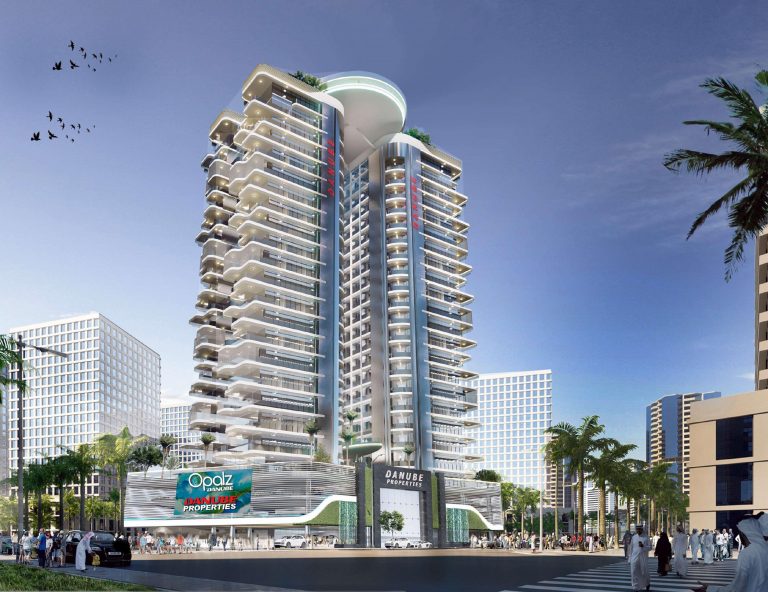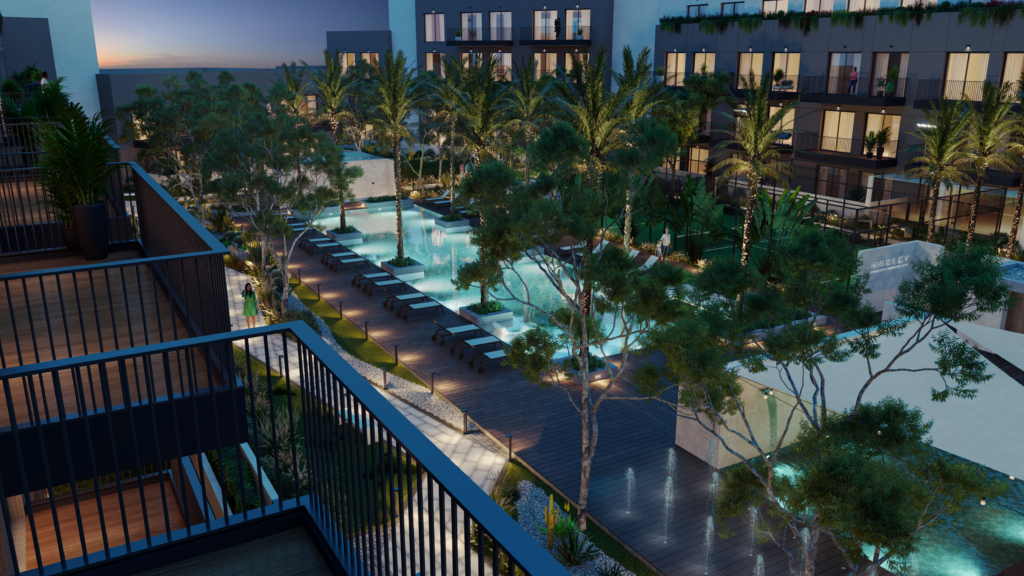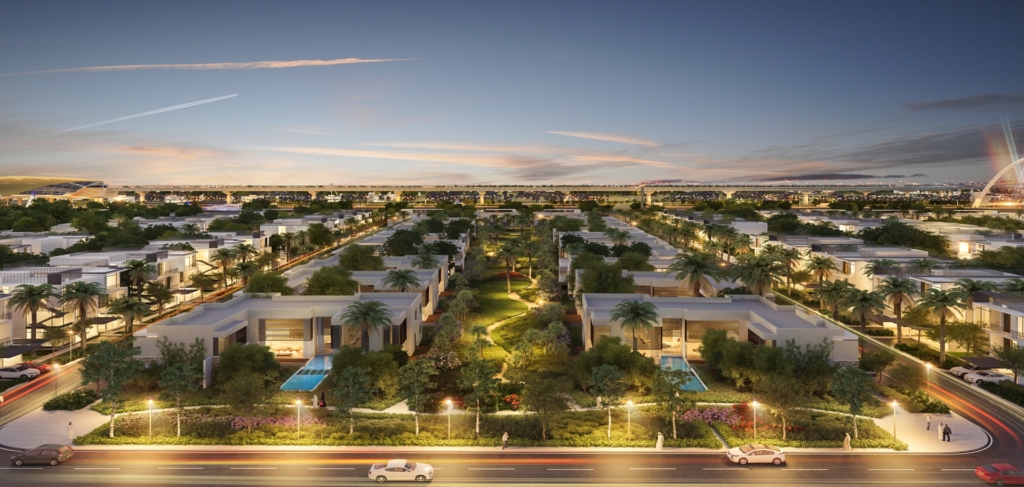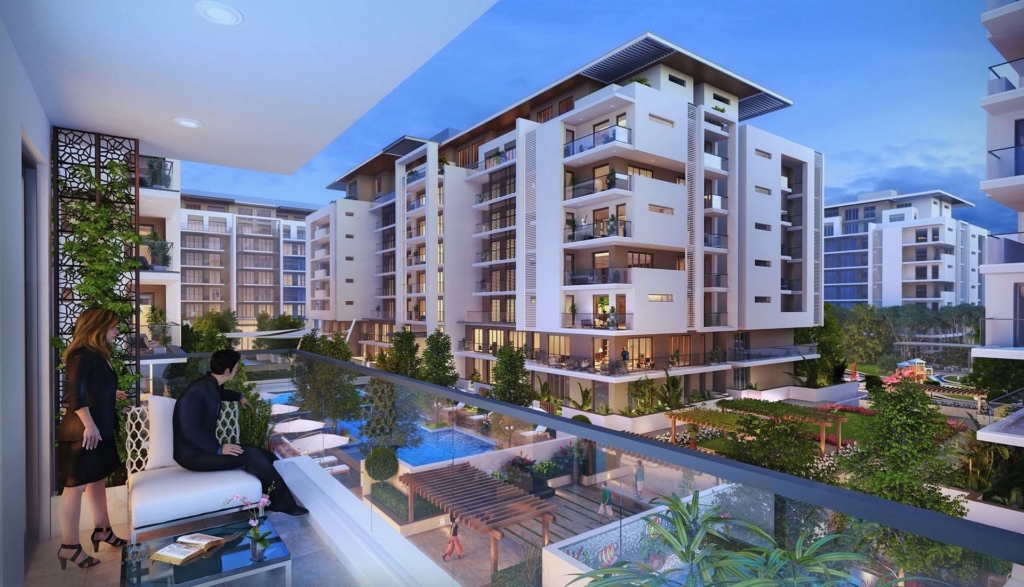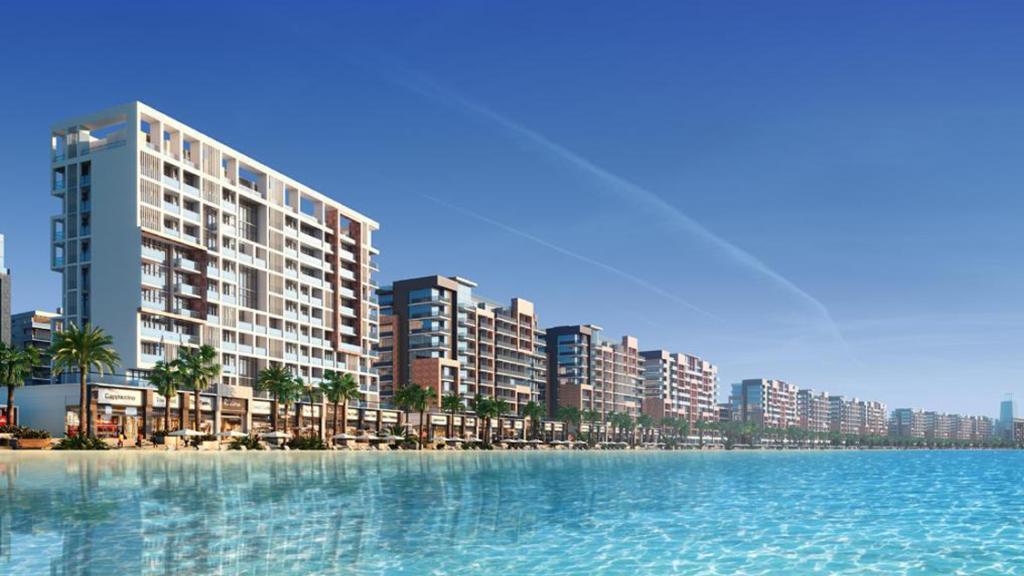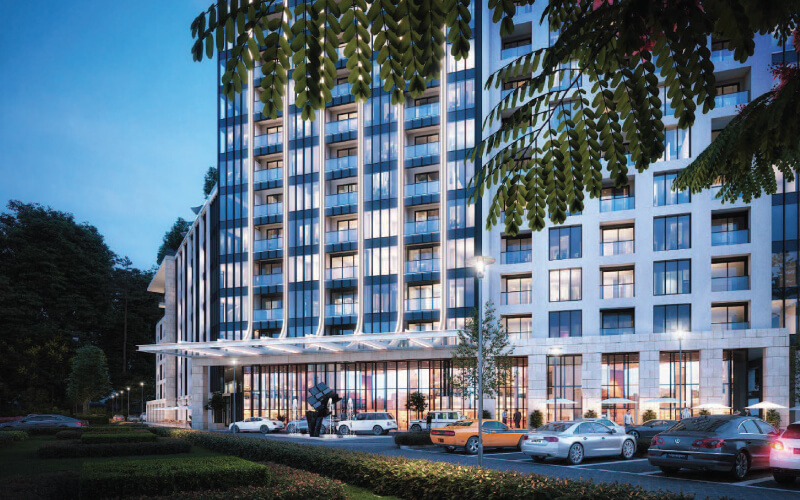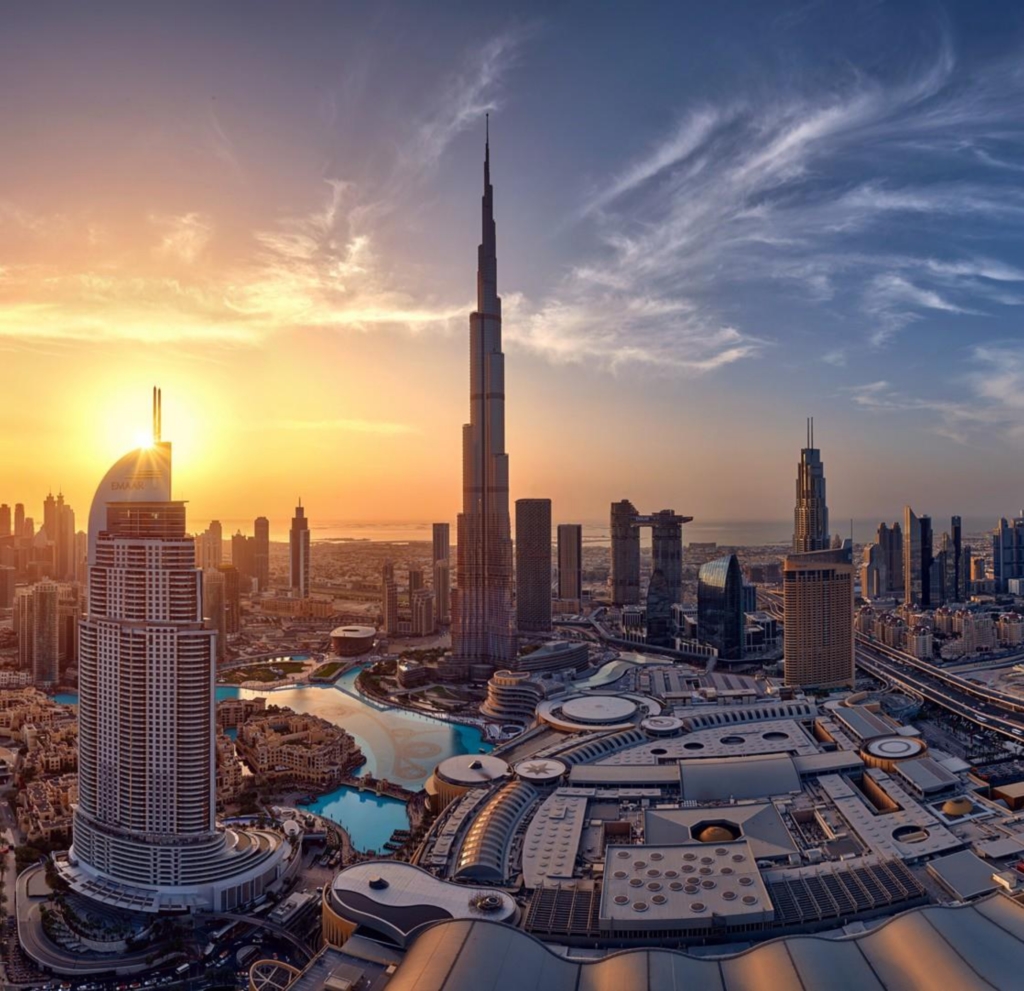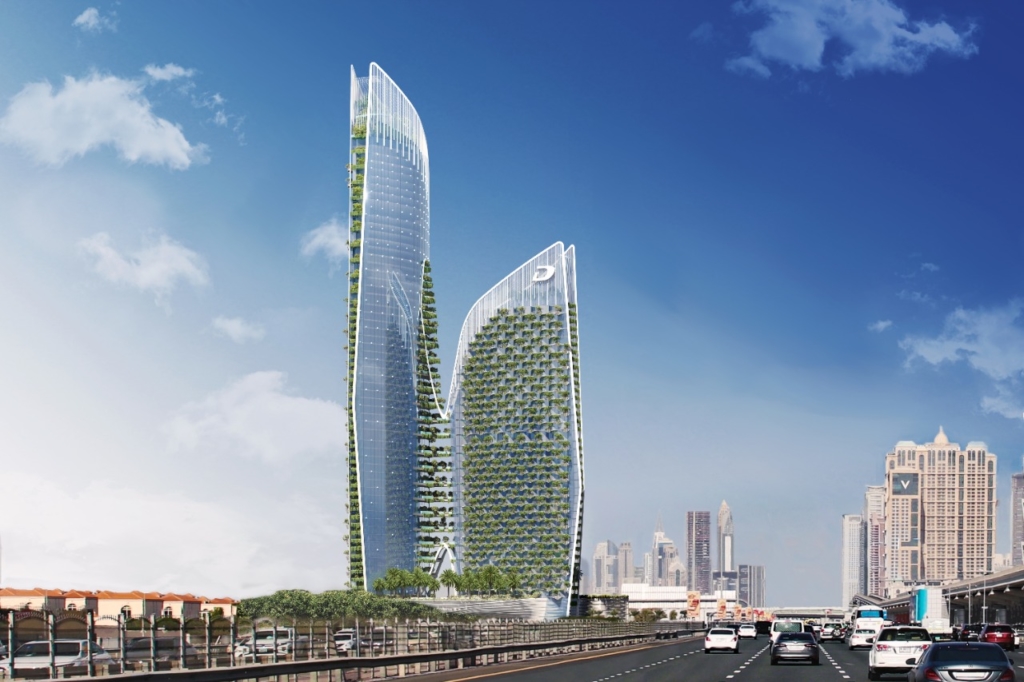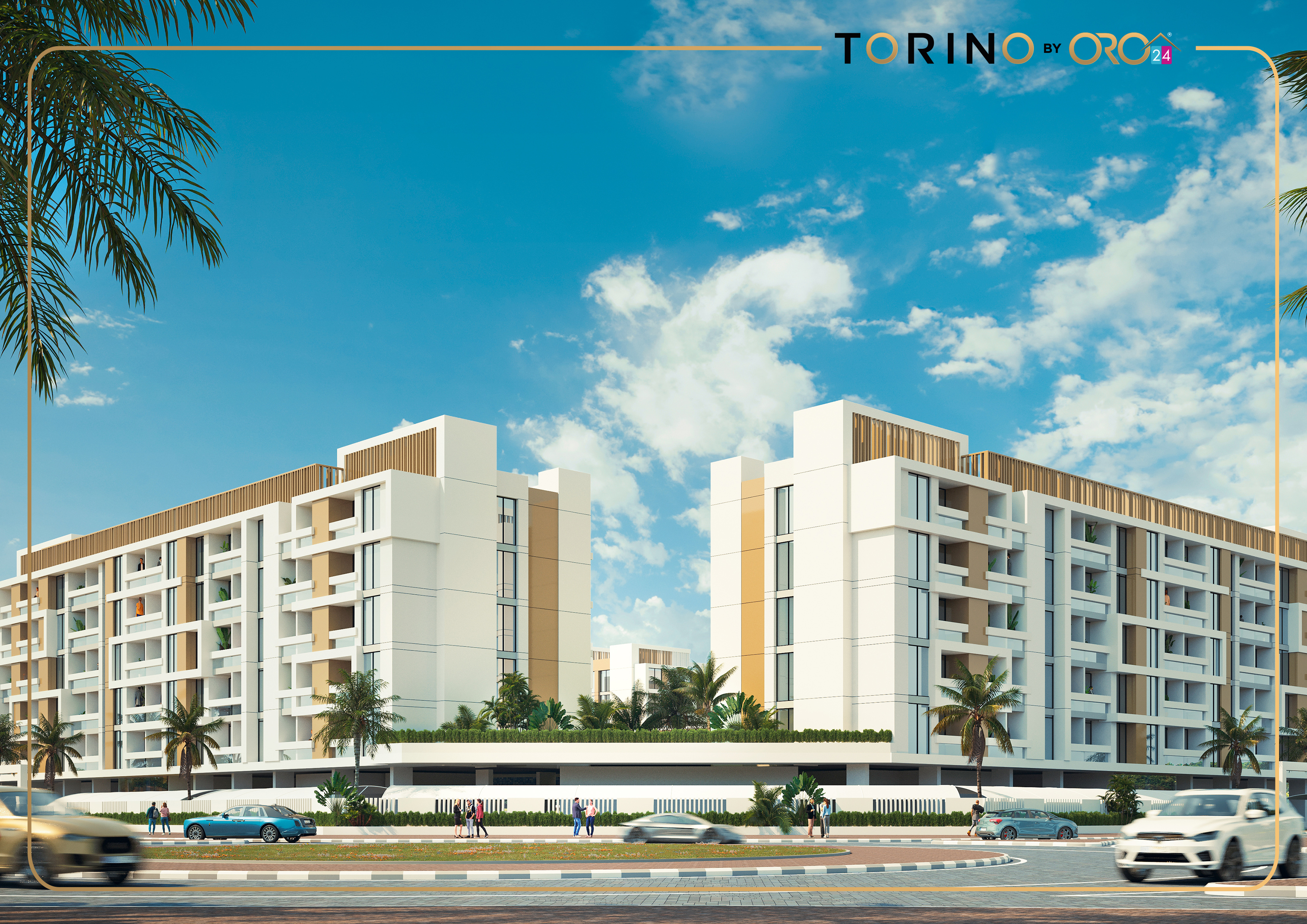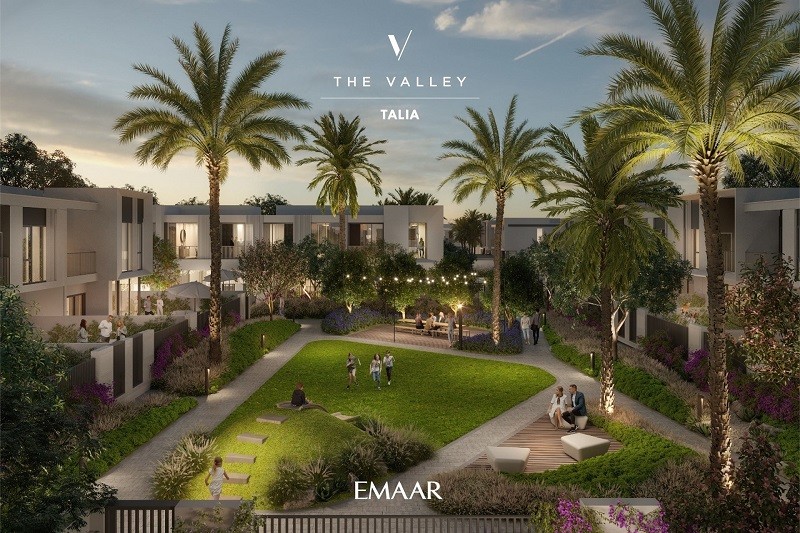Introduction to Dubai’s Rental Market
Dubai’s rental market is dynamic and diverse, offering a wide range of housing options to suit various preferences and budgets. From luxurious villas in Palm Jumeirah to more affordable apartments in newer developments like Dubai South, the city caters to a multitude of expatriates, including a significant number of Pakistani residents.
Population:
Total in UAE: Estimated at 1.71 million, making dubai the second-largest national group in the country, representing 16.73% of the total population.
Specific to Dubai: Roughly 400,000, meaning 13% of Dubai’s population are Pakistani. This makes them the third-largest ethnic group in the emirate, after Indians and native Emiratis.
Understanding Dubai’s Rental Laws
- Rental Laws: Dubai’s rental market is regulated by the Real Estate Regulatory Agency (RERA), which sets out laws and guidelines for both landlords and tenants. It’s crucial to familiarize yourself with RERA regulations to ensure your rights are protected.
- Rental Contracts: All rental contracts in Dubai must be registered through the Ejari system, a government-run online portal that legalizes the rental agreement between tenant and landlord.
Related: Things you Need to Remember About Dubai Tenancy Law
Market Trends
- Rental Prices: Rental prices in Dubai can vary widely based on location, property type, and amenities. Areas like Jumeirah and Dubai Marina are among the more expensive, while communities such as JVC (Jumeirah Village Circle) and Dubai Silicon Oasis offer more affordable options.
- Demand and Supply: Dubai’s rental market is influenced by its economic cycles, with prices fluctuating based on demand and supply. Keeping an eye on market trends can help you secure a good deal.
Related: 5 Most Affordable Places to live in Dubai?
Cost of Living
- Budgeting for Rent: Rent typically consumes a significant portion of an expatriate’s income in Dubai. As a rule of thumb, your rent should not exceed 30-35% of your monthly income.
- Additional Expenses: Beyond rent, consider other expenses such as DEWA (Dubai Electricity and Water Authority) bills, internet, maintenance fees (for some properties), and municipality fees (typically 5% of your annual rent).
Related: Tips on how you can save DEWA bill in Dubai
Finding a Rental
- Property Portals: Websites like Bayut and Property Finder are excellent resources for expatriates searching for rental properties in Dubai. They offer comprehensive listings with photos, prices, and location details.
- Real Estate Agents: Engaging a reputable real estate agent can simplify your search. Agents have in-depth knowledge of the market and can help negotiate rental terms. Ensure the agent is RERA-certified.
Local market knowledge: A good agency will have extensive knowledge of the Dubai property market, including current trends, pricing, and different neighborhoods. This can be especially helpful for expatriates who are unfamiliar with the city.
Access to a wider range of properties: Agencies often have access to listings that are not publicly available, which can give you more options to choose from.Negotiation skills: Experienced agents can help you negotiate the best possible price and terms on your property purchase or rental agreement.Language and cultural understanding: A reputable agency will have agents who speak Urdu and understand Pakistani cultural norms, which can help overcome any communication barriers.
- Viewings: Schedule viewings for a range of properties to get a feel for different areas and what your budget allows. Consider factors like proximity to work, schools (if applicable), and community amenities.
Tips for Pakistani Expatriates
- Community Connections: Leverage the Pakistani expatriate community in Dubai for insights and advice on rental deals and living tips. Social media groups and community forums can be invaluable resources.
- Negotiation: There’s often room for negotiation in Dubai’s rental market, especially if you’re committing to a longer lease term. Don’t hesitate to negotiate on rent, payment terms, or maintenance responsibilities.
- Documentation: Ensure all your documents are in order, including your passport, visa, Emirates ID, and proof of income. Landlords and agencies will require these for the rental process.
FAQ’s
What is the Ejari system, and why is it important for renting in Dubai?
Ejari is a legal requirement for all Dubai rental contracts, ensuring they are officially recorded with the Dubai Land Department. It protects the rights of both landlords and tenants.
How much should I expect to spend on rent in Dubai?
Rent varies widely depending on the area and property type. It’s advisable to budget for rent to not exceed 30-35% of your monthly income.
Are there any areas in Dubai particularly popular among Pakistani expatriates?
Areas like Deira, Bur Dubai, and certain new developments like Dubai Silicon Oasis are popular among Pakistani expatriates due to their affordability and community vibe.
What documents do I need to rent a property in Dubai?
Generally, you’ll need your passport, residence visa, Emirates ID, and sometimes proof of income or employment.
Can I negotiate the rent with landlords?
Yes, negotiation is common in Dubai’s rental market. You may negotiate rent, payment terms, and even maintenance clauses.
What are the additional costs apart from rent?
Additional costs include DEWA bills, internet, maintenance fees (if not covered by the landlord), and a 5% municipality fee based on your annual rent.
Is it better to rent an apartment or a villa in Dubai?
This depends on your budget, family size, and lifestyle preferences. Apartments are more affordable and easier to maintain, while villas offer more space and privacy.
How long is a typical rental lease in Dubai?
Rental contracts are typically for one year, renewable annually.
What is the security deposit, and will I get it back?
The security deposit is a refundable payment made to the landlord to cover any damages to the property. It’s typically returned at the end of the lease, assuming no damages.
How many rental cheques are required?
Landlords may request 1 to 12 cheques per year. More cheques can sometimes be negotiated for a slightly higher overall rent.
Can I sublet my rented apartment in Dubai?
Subletting requires explicit permission from the landlord and is often restricted.
What happens if I need to break my rental lease early?
Breaking a lease early can result in penalties. It’s important to negotiate break clauses in your rental agreement if you anticipate needing this flexibility.
Is renters’ insurance required in Dubai?
While not required, it’s highly recommended to protect your belongings and liability.
How do I handle maintenance issues with my rental property?
Maintenance responsibilities should be clearly defined in your rental agreement. Minor repairs are usually the tenant’s responsibility, while major repairs are the landlord’s.
Related:
- 10 Mistakes to Avoid When Self Managing Rental Property
- How Can Next Level Real Estate Get Your Property Rented Faster?
- Complete guide to Renting Dubai Apartments and Villas






